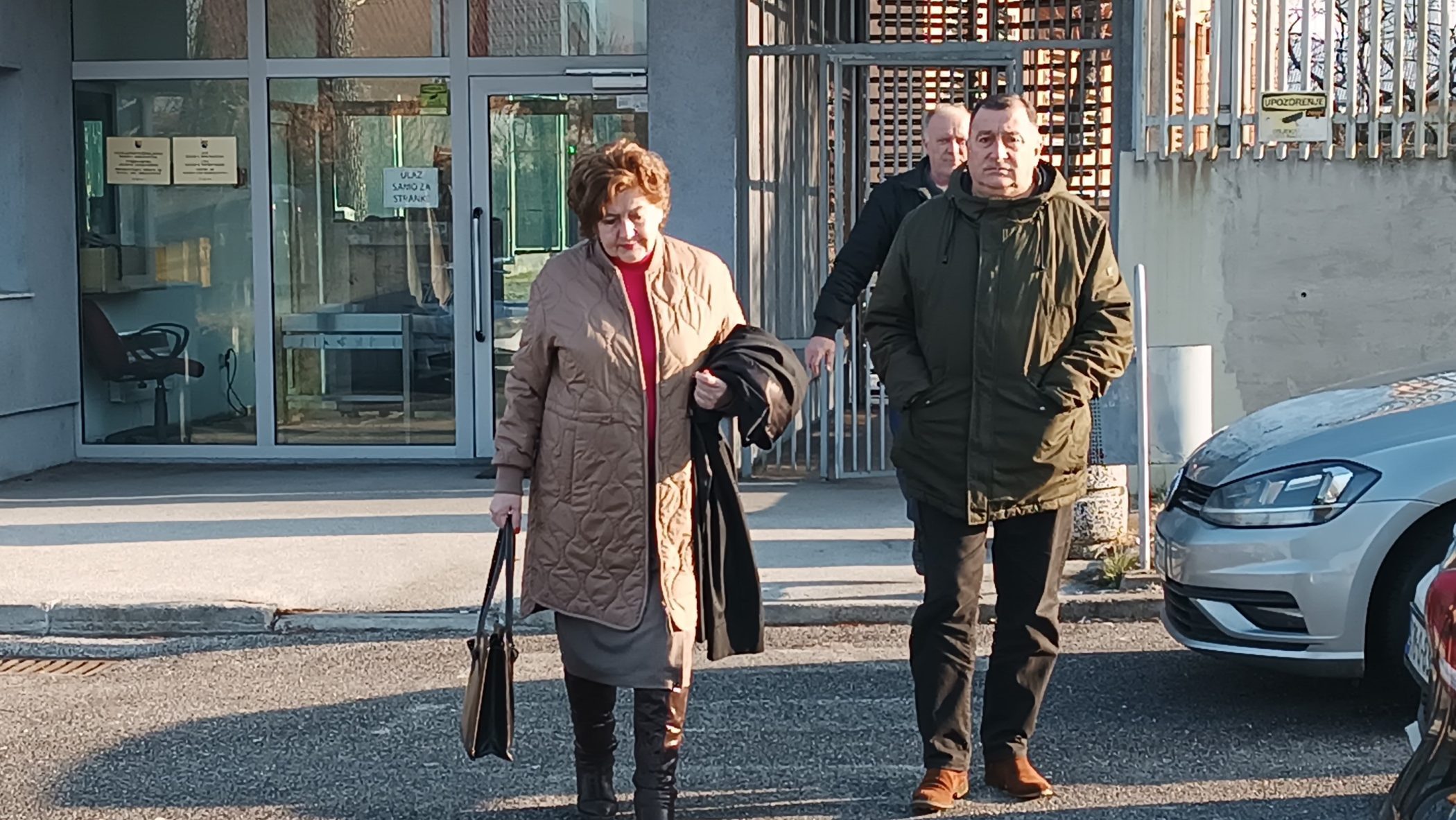Marko Milosevic’s defence lawyer Petko Pavlovic told the state court in Sarajevo on Wednesday that the prosecution had contradicted itself with its witness testimonies and had not proved his client was guilty of genocide.
“All the prosecution and defence witnesses agree that the prisoners were taken away by unknown soldiers,” Pavlovic said.
Milosevic and Ostoja Stanisic are on trial for the murder of about 800 men from Srebrenica residents at a dam near Petkovci in the Zvornik municipality in July 1995.
According to the charges, Stanisic was the commander of the Sixth Battalion of the Zvornik Brigade of the Bosnian Serb Army, while Milosevic was his deputy.
Pavlovic argued that no evidence had been presented that Milosevic knew that the men from Srebrenica would be shot.
At another Srebrenica genocide trial at the state court on Wednesday, genocide convict Milorad Trbic, who appeared as a prosecution witness, said he did not know defendant Srecko Acimovic, and that he did not remember where he had been in July 1995 when the crimes were committed.
The prosecution wanted to refresh Trbic’s memory by reading a statement he gave to Hague Tribunal investigators in 2004 while he was a suspect.
Trbic said that he did not endorse the statement because it was given while he was subject to “unprecedented threats and blackmail”.
Presiding judge Stanisa Gluhajic said he would not allow the prosecutor to present the statement because Trbic gave it in his capacity as a suspect.
Trbic, the former assistant chief of security with the Zvornik Brigade of the Bosnian Serb Army, was sentenced to 20 years in prison for participating in the genocide in Srebrenica.
Acimovic is charged, in his capacity as commander of Zvornik Brigade’s Second Battalion, with having acted on a command issued by the brigade and the Bosnian Serb Army’s Main Headquarters in July 1995 to take Srebrenica residents, who were blindfolded and tied up, from a school building in Rocevici to a gravel factory on the banks of the river Drina in Kozluk, where they were killed.


